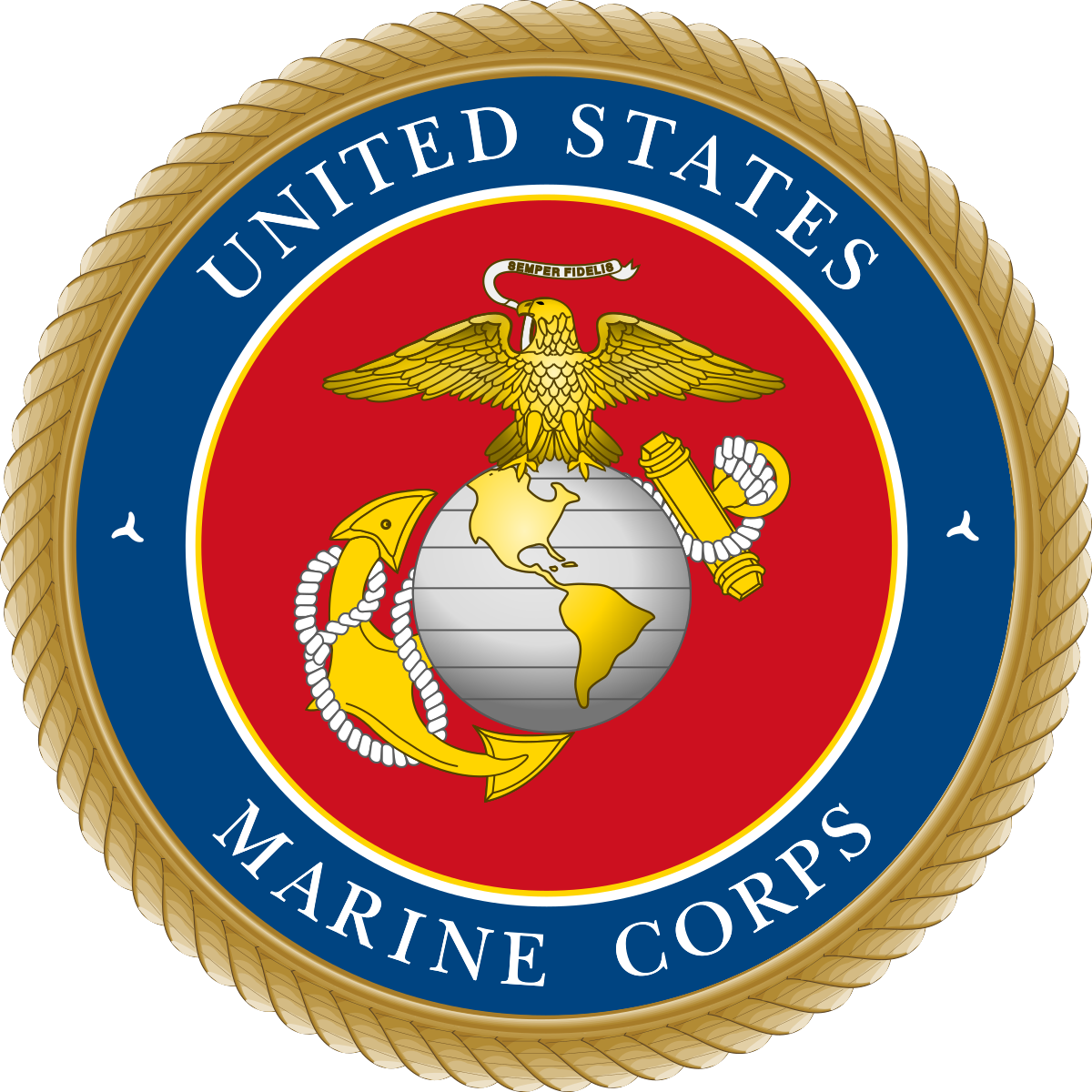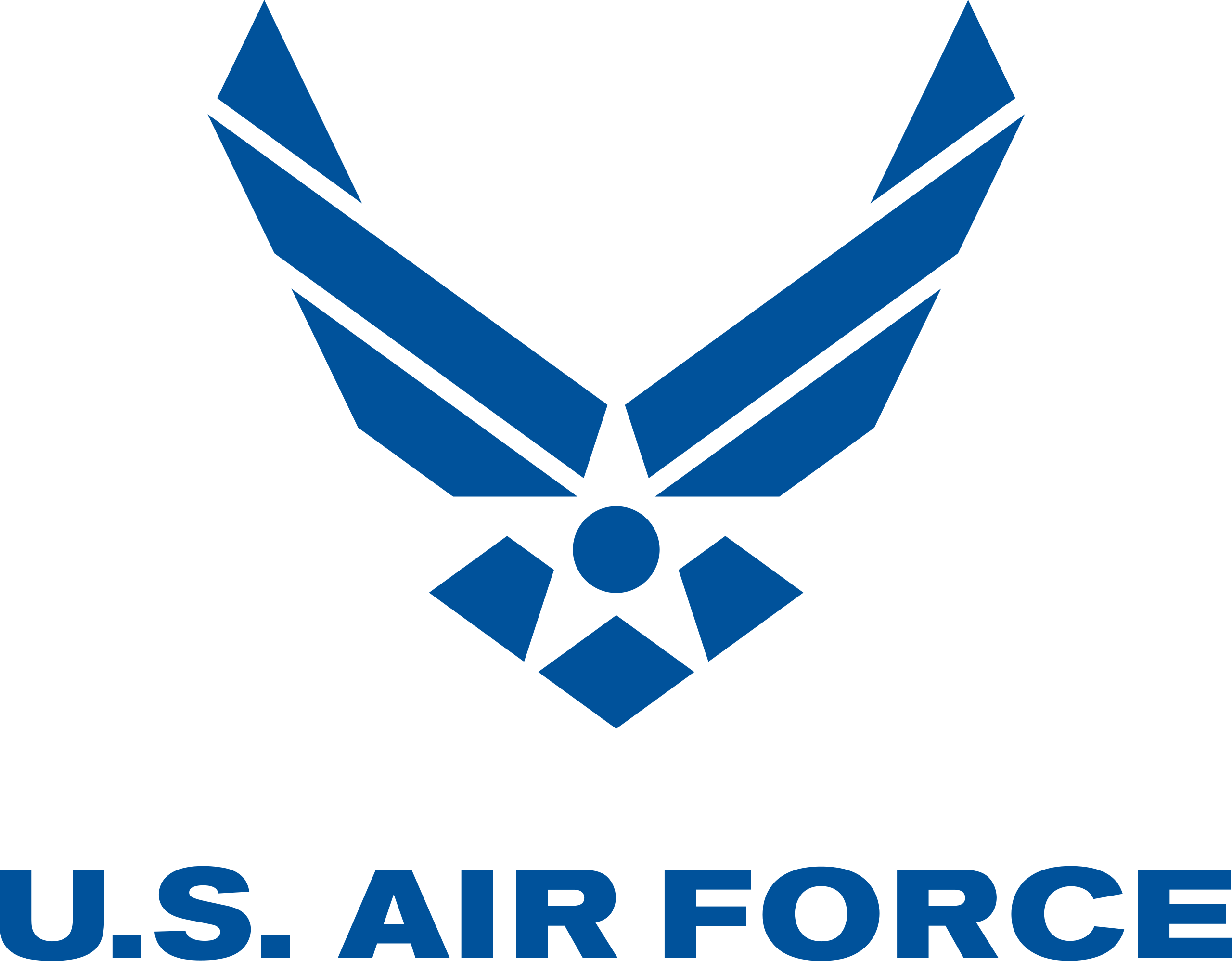61D - Rheumatologist Enlisted
Summary
As a Rheumatologist, you’ll perform specialized duties to support Army operations. You’ll receive training specific to your role to ensure mission success.
Category: Science-medicine
Qualifications
- ASVAB Score: 31
- Physical requirements for Army service
- Ability to obtain necessary security clearance
- Completion of Basic Combat Training
Training & Education
How do we transform you from a raw recruit to an expert Soldier in this field? From hands-on experience to college credit toward a degree, the path begins here.
Training Stages
- Basic Combat Training: 10 weeks
- Advanced Individual Training (AIT): 8 weeks
- Military Training Location: Various Army bases across the United States
At a Glance
- Enlisted Soldier
- Active Duty
- Army Reserve
- Army National Guard
Components
- Active Duty
- Army Reserve
- Army National Guard
Frequently Asked Questions
What can I do if I don’t meet the eligibility requirements to join?
The Army has a waiver process that you can take advantage of to prove you overcame a disqualifying issue that would otherwise prevent you from joining the Army. After submitting a waiver, a review takes place to make sure you can join. If your waiver is denied, you can also look into pursuing a civilian career within the Army.
Are there any physical fitness requirements to join?
You won’t need to meet any physical fitness requirements before joining the Army as anenlisted Soldier . There are requirements if you join through ROTC or anotherOfficer path —your recruiter will provide the details. Everyone needs to pass theArmy Combat Fitness Test (ACFT) after joining, and again every year of service.
Do I need to attend Basic Training?
Before you can become a Soldier, you’ll first need to complete a form of initial training—Basic Combat Training for enlisted Soldiers and theBasic Officer Leadership Course (BOLC) for Army Officers, as well as any additional training your job may require. Over the course of your training, you’ll learn the skills, knowledge, and discipline needed to become a Soldier. Active-duty Soldiers and Officers also have ongoing training to keep their skills sharp, so they stay ready for anything.
How does Army pay compare to civilian pay?
YourArmy salaryis just one part of the total compensation Soldiers earn. While civilian jobs may pay higher baseline salaries, the Army offers a starting salary above the federal minimum wage, plus a variety of benefits on top of your base pay that add up. When you consider affordable health care for part-time Soldiers and free health care for full-time Soldiers, plus access to bonuses, allowances for housing, food, and clothing, education benefits to get a college degree with less debt, and more financial benefits, the Army offers a competitive choice to similar civilian careers.
What benefits will I receive as a Soldier?
The Army offers a complete package of benefits that not only supports you and your family, but also helps you advance in your career. Whether you serve part time or full time as an enlisted Soldier or Army Officer, you’ll earn competitive pay with opportunities for bonuses, as well as receive health care at little to no cost. You could also receive money for education, student loan repayment assistance, training and certifications, housing, living expenses, and more.
 USMC
USMC NAVY
NAVY AIR FORCE
AIR FORCE ARMY
ARMY COAST GUARD
COAST GUARD SPACE FORCE
SPACE FORCE